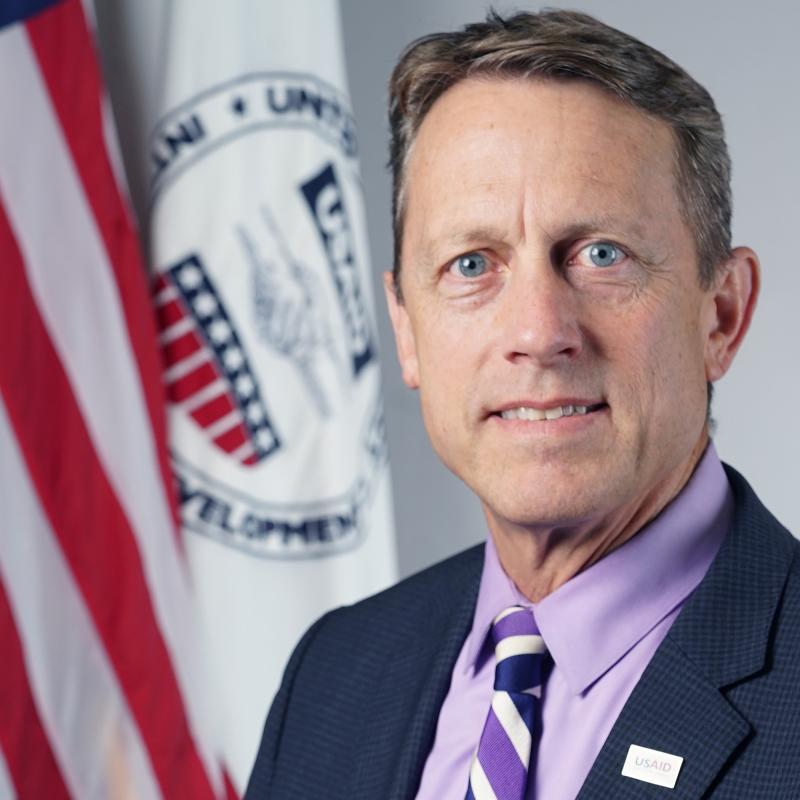


This position directs and supervises all activities of the Middle East Bureau and its overseas operations.
Andrew William Plitt is the Biden Administration nominee for Assistant Administrator for Middle East at United States Agency for International Development (USAID).
Plitt is a Senior Foreign Service Officer and has been with USAID since 1991, currently serving as Senior Deputy Assistant Administrator for Middle East at USAID. Previously, he served as Senior Development Advisor at U.S. European Command in Germany, Director of the Office of North African and Arabian Affairs in the Bureau for Middle East, and Director of the Office of Strategic Planning and Operations in the Bureau for Asia.
Past statements on development, diplomacy, and U.S. global leadership:
On U.S. Global Leadership: “At this critical time, all eyes are on U.S. leadership. USAID offers hope, but more importantly, tangible alternatives to malign influences in the region. I believe USAID can advance a U.S. vision that offers opportunity, peace, prosperity, and security.” (source)
On Development: “I have witnessed first-hand the significant impact of USAID assistance efforts–including in Syria where we’ve helped partners reach five million people in need of emergency health services through mobile medical clinics, equipping of health facilities and training of medical workers; or in Libya where USAID technical assistance to the General Electricity Company of Libya succeeded to unify and strengthen the eastern and western power grids–leading to a more than 60 percent increase in power supply in just two years.” (source)
On Multilateralism: “At the regional level, our Middle East Regional Cooperation program (MERC) has brought together Israeli, Palestinian, and Jordanian scientists who are developing an online platform to monitor small-scale greywater treatment and reuse systems. The data gathered through this project will assist regional policymakers in approving standards for greywater reuse.” (source)
On Prosper Africa: “Initiatives such as Prosper Africa strengthen our teamwork across the U.S. government. Such efforts to improve the ties between development, diplomacy, and defense increases the impact of each of our work.” (source)
On National Security: “Although the immediate impacts of our work are first felt by people far from our shores, the lasting effects of greater security, stability, and prosperity in the Middle East and North Africa impact our own national security and prosperity. By building vibrant economies, we create trading partners. By protecting human rights, we mitigate grievances and instability and build more sustainable partnerships. By improving governance and security, we lessen the threat of extremist violence and terrorism visiting the homeland. And in demonstrating compassion and cooperation, we build allies and partners who share our interests and aspirations.” (source)
On Alliances: “We know the efforts of the U.S. government alone are insufficient to tackle the region’s sizable challenges—whether addressing water shortages or developing private sector opportunities for the growing youth population. Revitalizing international partnerships and alliances will be critical for us to succeed in advancing stability and prosperity.” (source)
On Democracy: “The inability of elected officials to respond to their citizens’ needs and address corruption undercuts public confidence in democratic processes and contributes to instability. As USAID works to advance free and fair elections, we also remain focused on the days that follow those elections and helping elected officials to understand and meet their citizens’ needs.” (source)